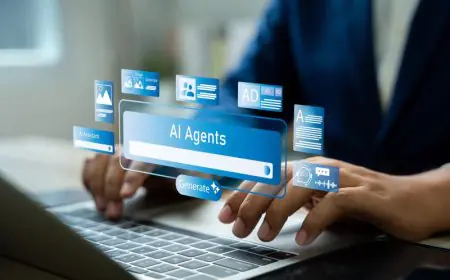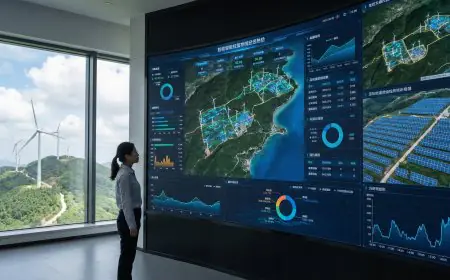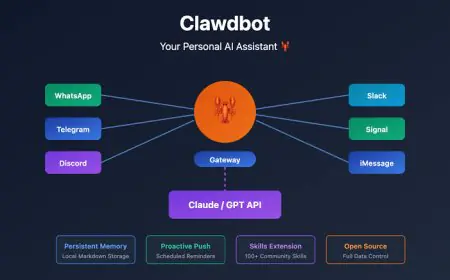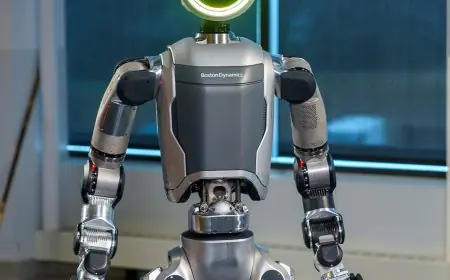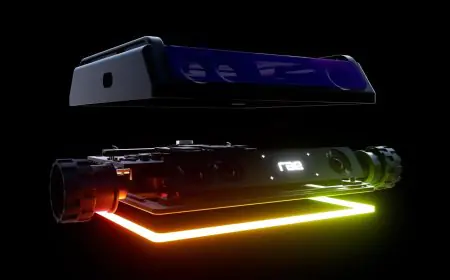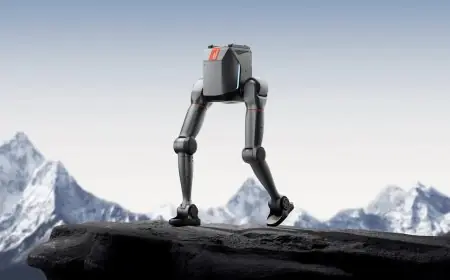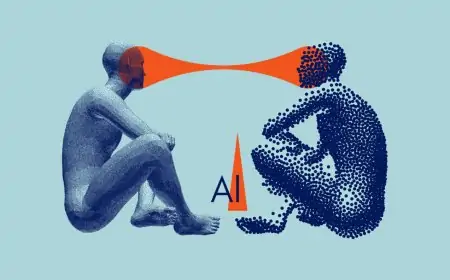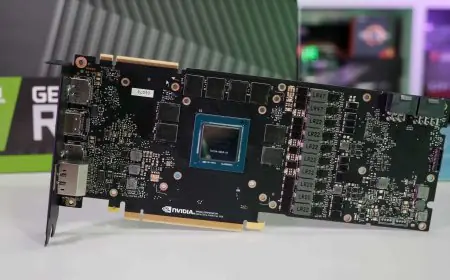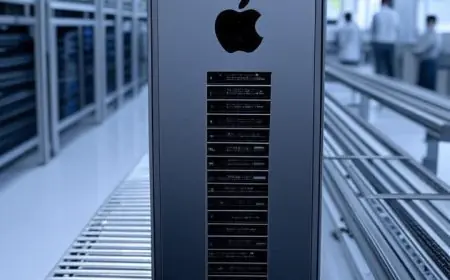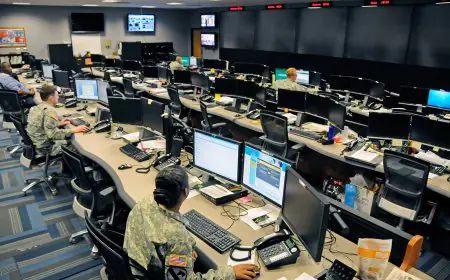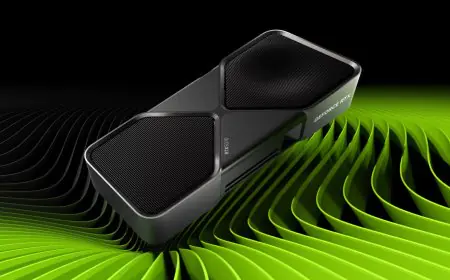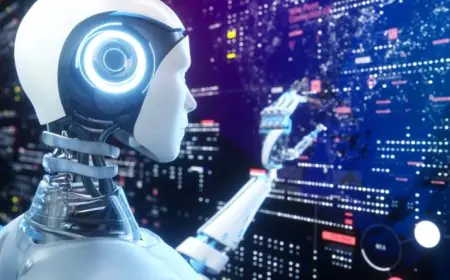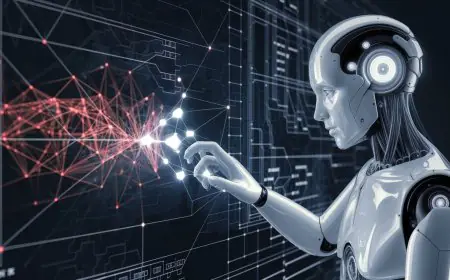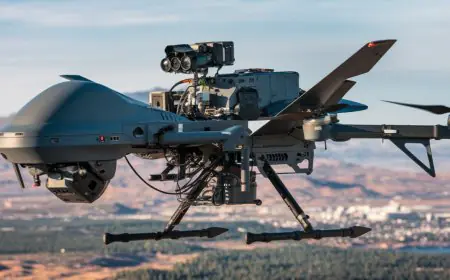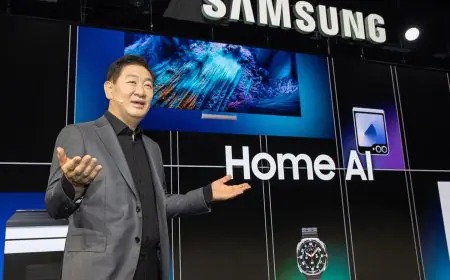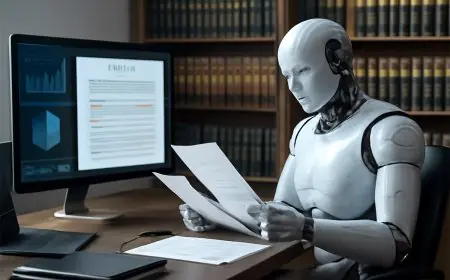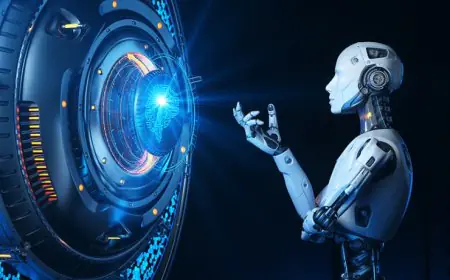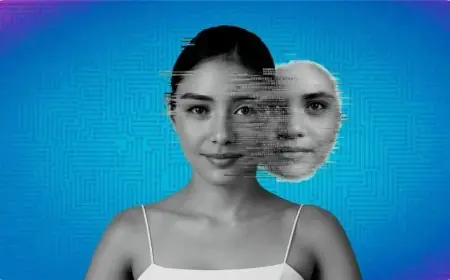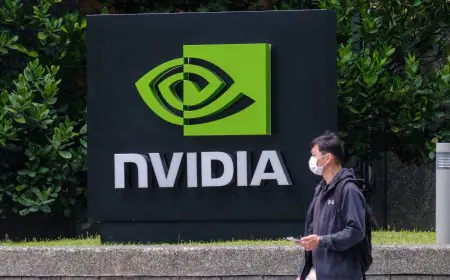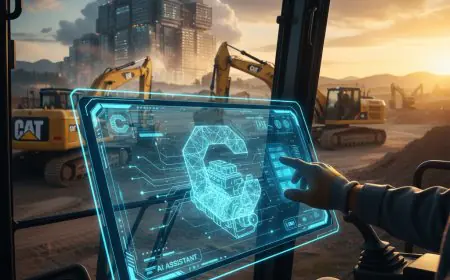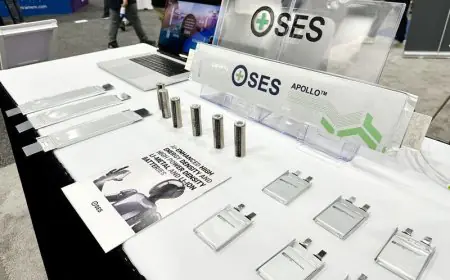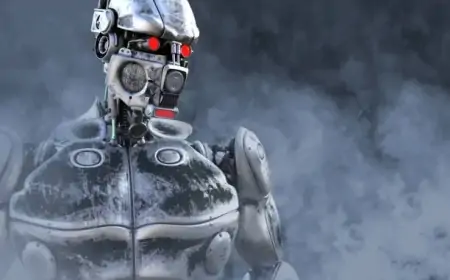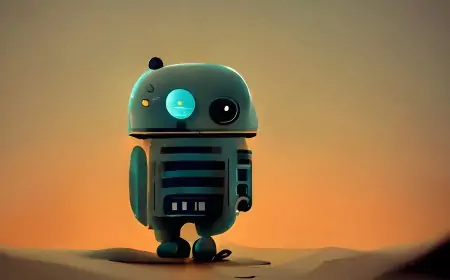1X's NEO Beta: A Breakthrough in Home Robotics
Norwegian startup 1X unveils NEO Beta, a revolutionary humanoid robot designed for home environments, featuring advanced dexterity, silent operation, and sophisticated AI capabilities for household tasks.
Norwegian robotics startup 1X Technologies has unveiled NEO Beta, a groundbreaking humanoid robot that promises to revolutionize home automation. This latest innovation represents a significant leap forward in domestic robotics, combining sophisticated AI capabilities with remarkable physical dexterity in a design specifically crafted for household environments.
Standing at 5.41 feet tall and weighing just 66 pounds, NEO Beta brings an unprecedented level of sophistication to home robotics. The robot's lightweight frame belies its impressive capabilities, as it can handle loads up to 44 pounds while moving with remarkable agility. Its movement capabilities are equally impressive, with walking speeds of 2.5 mph and the ability to jog at 7.5 mph when needed.
One of NEO Beta's most striking features is its nearly silent operation, a crucial advancement for a robot designed to share living spaces with humans. This quiet performance is complemented by the robot's sophisticated interaction capabilities. Rather than relying solely on verbal commands, NEO Beta demonstrates an remarkable ability to understand and respond to non-verbal cues, including human gestures and body language, making interactions feel natural and intuitive.
In real-world demonstrations, NEO Beta has showcased its versatility across a wide range of household tasks. The robot transitions seamlessly between handling delicate items like wine glasses and eggs to managing heavier objects such as backpacks and packages. Its presence in the kitchen demonstrates particular promise, where it can assist with various tasks while maintaining the careful precision required in a home environment. The robot's ability to navigate household spaces and perform organizational tasks suggests a future where domestic automation becomes both practical and reliable.
Safety stands at the forefront of NEO Beta's design philosophy. 1X Technologies has implemented numerous innovations to ensure safe human-robot interaction, including a soft, cushioned exterior with muscle-inspired anatomy. This approach marks a significant departure from the rigid plastic or metal exteriors common in other humanoid robots, prioritizing safety without compromising functionality.
The development of NEO Beta is backed by substantial financial and technological support. With $100 million in Series B funding and backing from industry leaders including OpenAI, Tiger Global, and EQT Ventures, 1X Technologies has positioned itself for significant growth. The company's manufacturing facility in Moss, Norway, along with offices across Norway and the United States, demonstrates their commitment to scaling production while maintaining quality control.
NEO Beta's introduction comes at a pivotal moment in the humanoid robotics market. As competitors like Boston Dynamics and Tesla advance their own humanoid robot programs, 1X Technologies' focus on home applications sets them apart. The growing demand for sophisticated home automation solutions, coupled with increasing interest in AI-powered domestic assistance, suggests a promising market for NEO Beta's capabilities.
Looking ahead, 1X Technologies has announced plans for pilot deployments in select homes, marking a crucial step toward wider adoption. This careful, measured approach to deployment reflects the company's commitment to refining their technology through real-world testing while maintaining strict safety standards. As the industry continues to evolve, NEO Beta's combination of advanced capabilities, safety features, and intuitive interaction positions it as a potential pioneer in the future of domestic robotics.
The success of NEO Beta could mark a significant turning point in home automation, potentially ushering in an era where sophisticated robotic assistance becomes a common feature in households worldwide. As development continues and safety standards evolve, the impact of this technology on daily life could be transformative, making the science fiction dream of helpful household robots an accessible reality.
